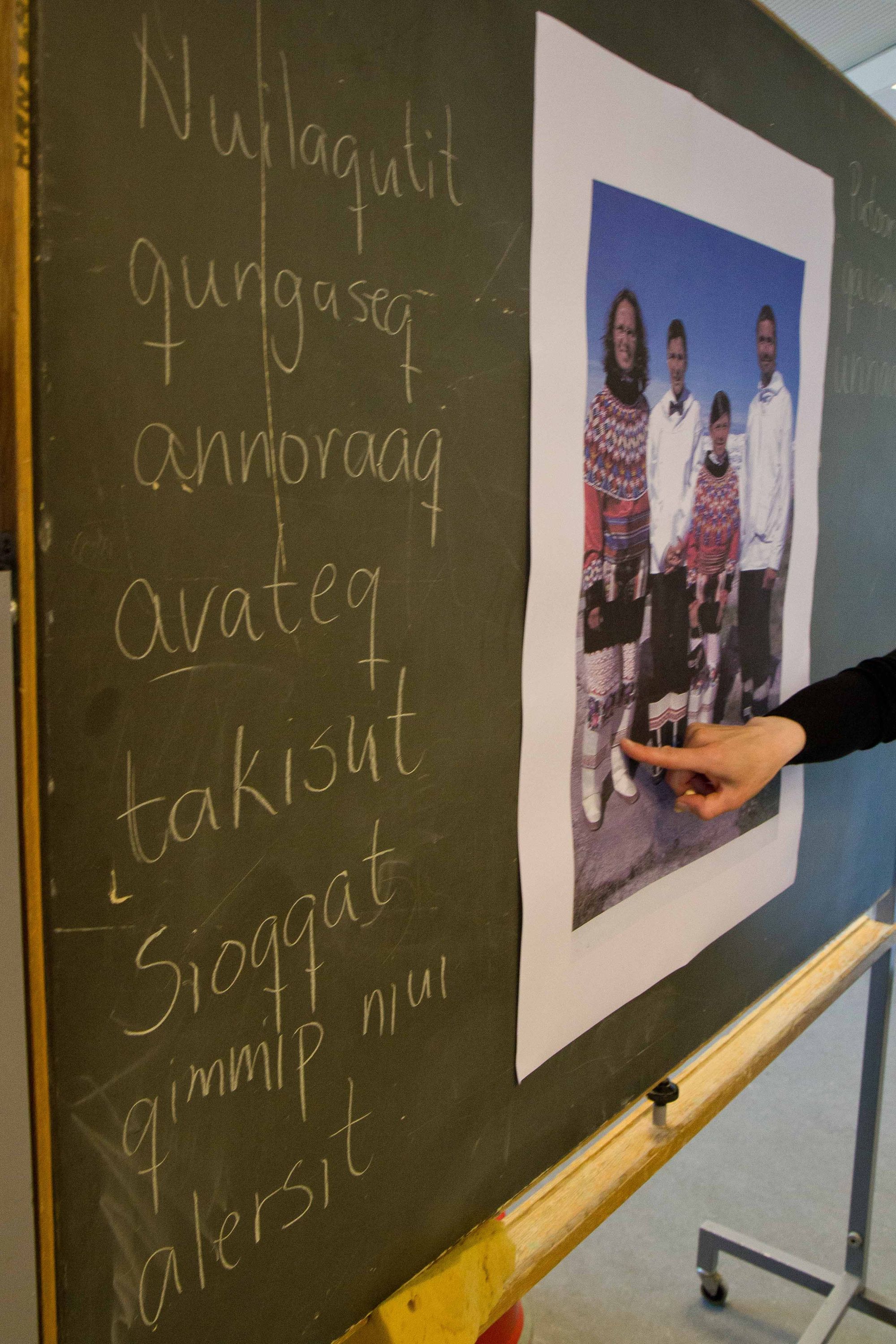I finished my Bachelor of English at the University of Copenhagen with a semester abroad in Western Australia. Rather than focusing on language and literature, I was especially interested in the history and culture of one particular, previously British colony: Australia. As my whole degree had focused on this country and the relationship between Aboriginals and non-indigenous Australians, I suddenly realised that if I wished to base my career in Scandinavia, I would have to make the focus of my master’s degree based there.
I felt that my accumulated knowledge on indigenous issues in Australia could to some extent be transferred to Greenland-related issues in Denmark. However, no Master’s programmes in Denmark fitted exactly to my demands and expectations, and as I started searching internationally, I stumbled across the University of Tromsø’s Master’s of Indigenous Studies which seemed to be what I was looking for. Without knowing anything about Tromsø or its location in far northern Norway, I applied and got accepted, only to realise later that I was to move 400 km north of the Arctic Circle for two years.

Not only have I learned much about Greenlandic issues through my degree in Tromsø and thesis fieldwork in Greenland, but I also gained knowledge on the Sámi people of Norway, and through conferences, lectures and by socialising at events I have got acquainted with many people in my field. Some of these new contacts are locals, others are foreigners like myself, and when returning to Denmark upon finishing my degree, I have contacts throughout the world who could be useful later in my career.
Through my master’s studies, I have become aware of a range of organisations with which I could pursue a career, and already by initial contact with one of these, it seemed that the mere fact of which study programme I was doing was opening doors for me. The Master’s of Indigenous Studies is a rather unique study programme which is the only one of its kind in Europe, and it is therefore rather well known in indigenous circles.
My career options have also been extended in a different direction during my two years in Tromsø: a self-taught photographer with good socialising skills and working well under pressure, I managed to get a job as a freelance photographer for one of the local newspapers during the last year of my stay. Communicating culture and people through images captures several of my interests, and I also wish to pursue those career options in my home country after gaining experience in Tromsø. All in all, I consider my studies at the University of Tromsø extremely valuable and defining for me as a person as well as for my career.
